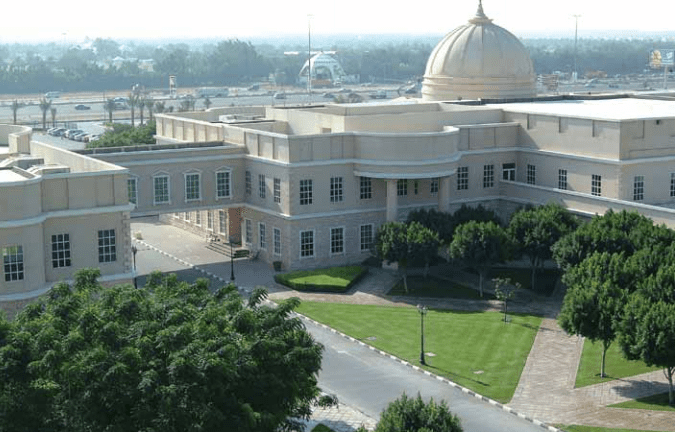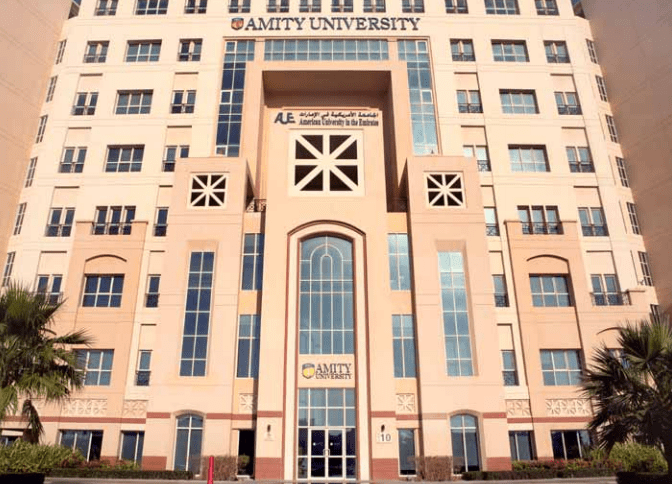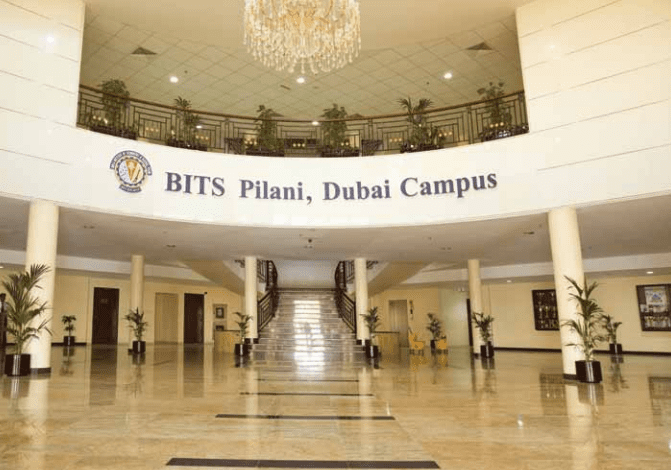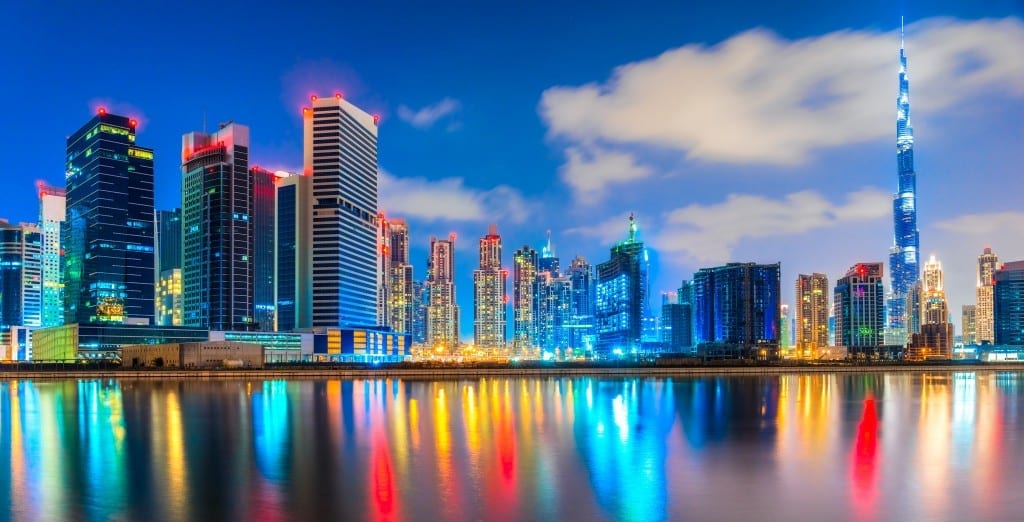is the most populous city in the United Arab Emirates (UAE).[4] It is located on the southeast coast of the Persian Gulf and is one of the seven emirates that make up the country. Abu Dhabi and Dubai are the only two emirates to have veto power over critical matters of national importance in the country’s legislature.[5] The city of Dubai is located on the emirate’s northern coastline and heads up the Dubai-Sharjah-Ajman metropolitan area. Dubai is to host World Expo 2020.
Why study in Dubai?
Its strategic location and multi-cultural atmosphere make Dubai a fascinating environment in which to study. The advantages of an ultra-modern city, with excellent infrastructure and a vibrant youth culture, have helped ensure that higher education in Dubai has grown dramatically over the last decade. Quality higher education opportunities in Dubai, which build skills essential to drive economic growth and development, equip young people with choices that shape their future and that of the country.
How much do courses cost?
Fees vary considerably depending on the institution and the type of qualification sought. In the entry for each university we show you the fee range for each level of study.
What are the employment opportunities after graduation?
In addition to the employability data for each institution, which is based on data gathered in 2012, we bring you a number of real-life stories of Dubai’s graduates.
What is an ‘international campus’?
In addition to its other universities, Dubai now has the largest number of international campuses in the world -making Dubai one of the top locations for higher education students to study. These campuses are popular with students because they allow them to study in Dubai and obtain an internationally recognized degree. As well as attracting international students to the emirate from abroad, these universities are
much in demand from Emiratis and resident expatriates. There are international campuses in Dubai from ten different countries – US, UK, India, Australia, France, Pakistan, Iran, Canada, Russia and Lebanon.
How is quality assured?
Students who graduate from higher education institutions in the free zones have their degrees certified by Knowledge and Human Development Authority (KHDA) for employment and other purposes in Dubai. The University and Quality Assurance International Board (UQAIB) was established by KHDA in 2008 to assure the quality of higher education in institutions in the free zones. This is an independent board of higher education experts from around the world who ensure that the academic programme being delivered in the international campus is the same as that provided at the home campus of the institution. UQAIB has been designed to provide an international approach to quality assurance that will allow foreign higher education providers to award international degrees through the international campus model. Twenty institutions are currently reviewed by UQAIB. They offer international programmes that are accredited by the quality agency of their home countries and may also have programme accreditation from external professional bodies. The Commission for Academic Accreditation (CAA), which is part of the Ministry of Higher Education and Scientific Research, also licenses some institutions in the free zones.
Education
-
American University in Dubai
 The American University in Dubai (AUD) opened in 1995 and is situated in Dubai Media City (DMC). As of November 2012, the university had 2419 enrolled students and, in the academic year 2011-12, 545 students graduated from AUD. With all courses taught in English, the university provides Diploma, Bachelor’s and Master’s level courses.
The American University in Dubai (AUD) opened in 1995 and is situated in Dubai Media City (DMC). As of November 2012, the university had 2419 enrolled students and, in the academic year 2011-12, 545 students graduated from AUD. With all courses taught in English, the university provides Diploma, Bachelor’s and Master’s level courses.
-
Amity University
 Amity University is India’s largest private university and its branch campus opened in Dubai in 2011, in Dubai International Academic City (DIAC). By November of the following year, the university had 263 students enrolled. With instruction in English, the university provides both Bachelor’s and Master’s degrees.
Amity University is India’s largest private university and its branch campus opened in Dubai in 2011, in Dubai International Academic City (DIAC). By November of the following year, the university had 263 students enrolled. With instruction in English, the university provides both Bachelor’s and Master’s degrees.
-
Birla Institute of Technology BITS Pilani
 Birla Institute of Technology BITS Pilani, which was one of the first branch campuses in Dubai and opened in 2000, is an international branch campus of Birla Institute of Technology BITS Pilani, India. It has its own campus in Dubai International Academic City (DIAC), offering a range of engineering, business and science programmes. With 1476 enrolled students, 537 students graduated from the university in 2011-12. This English-medium university provides study at Bachelor’s, Master’s and Doctorate level.
Birla Institute of Technology BITS Pilani, which was one of the first branch campuses in Dubai and opened in 2000, is an international branch campus of Birla Institute of Technology BITS Pilani, India. It has its own campus in Dubai International Academic City (DIAC), offering a range of engineering, business and science programmes. With 1476 enrolled students, 537 students graduated from the university in 2011-12. This English-medium university provides study at Bachelor’s, Master’s and Doctorate level.

